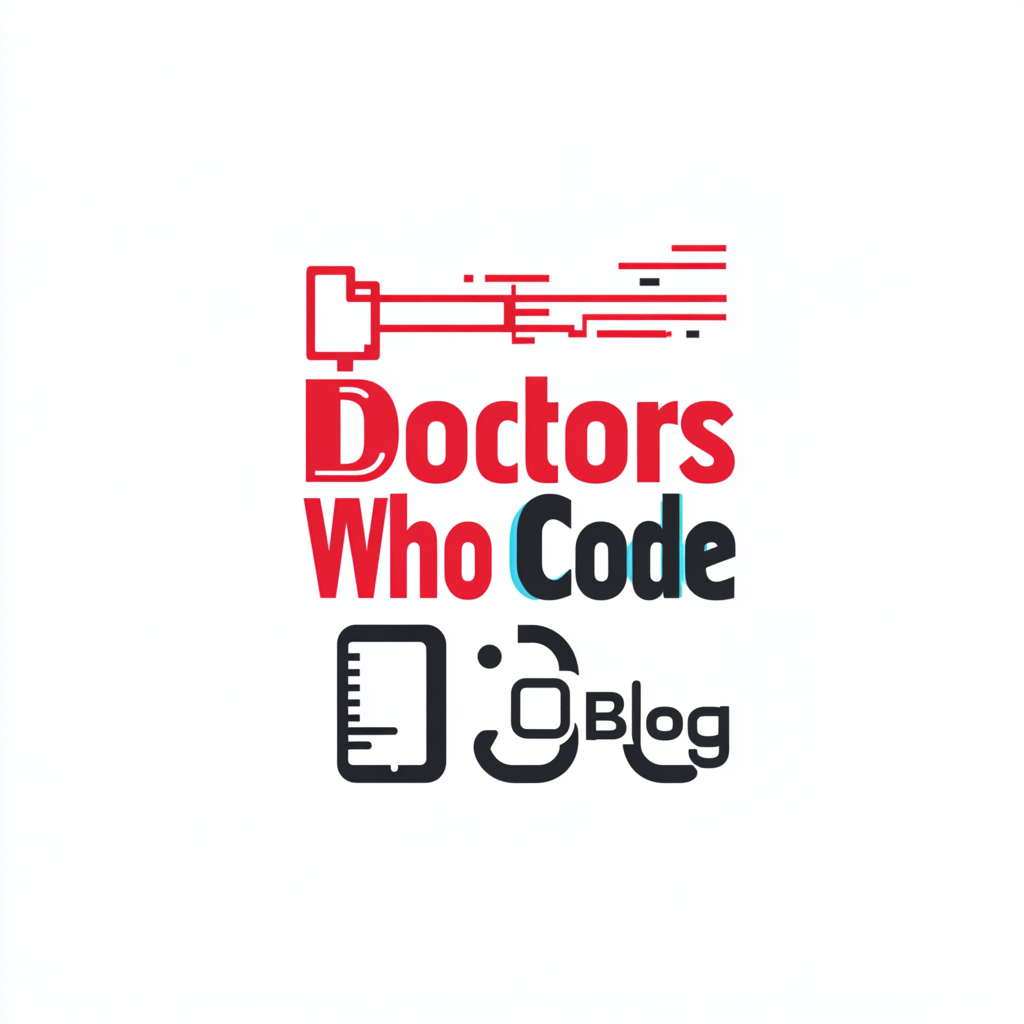Deep Dive Podcast:
Transform Your Medical Practice in 2025: The AI Revolution for Coding Doctors
“I was skeptical at first, but this AI system saved my practice. I’m saving 20+ hours per week and catching rare diagnoses I might have missed,”
says a leading oncologist at a major West Coast medical center. “My patients are getting better care, and I’m finally home for dinner with my family.”
Time to Code and Innovate: Why Tech-Savvy Doctors Are Leading the AI Revolution
As a physician interested in coding and digital tools, you’re in the perfect position to leverage cutting-edge technologies that will transform your practice. Imagine combining Pinecone.io for vector search and n8n for workflow automation—tools that can help you code smarter, streamline patient care, and reduce burnout.
Whether you’re building internal tools for your practice or curious about how automation fits into medicine, this guide will show you how to:
- Automate repetitive tasks
- Create smarter search tools for patient records and research papers
- Write Python and JavaScript code to deploy these solutions in days
The Data Overload Crisis: Why Doctors Who Code Are Needed More Than Ever
A 2024 Mayo Clinic study revealed that physicians spend an average of 2.5 hours on documentation for every 1 hour of patient care. Burnout is at an all-time high, and traditional EMR systems only make things worse. Keyword-based search is outdated, slow, and unable to capture the context and patterns that truly matter in clinical data.
The Impact of Inefficient Data Systems:
- Physicians spend approximately 49.2% of their clinic day on EHR and desk work, with only 27% spent in direct patient contact31.
- Up to 2 additional hours of electronic data entry is needed for every hour of direct patient contact3.
- About 25% of total U.S. healthcare expenditures (approximately $1 trillion) goes toward administrative tasks4.
- 90% of healthcare leaders report losing revenue due to inefficient data use1.
- 84% of healthcare organizations use more than 20 individual healthcare software vendors, contributing to data silos1.
Doctors with coding skills and access to AI tools are creating custom solutions that drastically reduce these inefficiencies.
The Tools: Pinecone.io + n8n = Your New Coding Playground
What is Pinecone.io?
Pinecone.io is an AI-powered vector database. It allows you to search patient records, notes, and research papers based on meaning and context—not just keywords. Think semantic search for your medical practice, built for speed and precision.
What is n8n?
n8n is an open-source workflow automation tool. It’s perfect for doctors who code because it connects APIs, automates data handling, and reduces the need for manual tasks. If you’re already using Python or JavaScript, you’ll love its flexibility and integration options.
Step-by-Step: How to Build Your Own Medical AI Search Tool
Here’s how to get started with a DIY approach using Python, Pinecone.io, and n8n.
1. Setting Up Your Vector Database
# Quick setup for Pinecone.io
import pinecone
pinecone.init(api_key="YOUR_API_KEY", environment="us-west1-gcp")
index = pinecone.Index("medical-notes")
2. Converting Clinical Notes into Searchable Vectors
from sentence_transformers import SentenceTransformer
model = SentenceTransformer('all-MiniLM-L6-v2')
note = "Patient presents with fever and sore throat."
embedding = model.encode(note)
3. Automating Workflows with n8n
- Automate data ingestion from your EMR
- Set up smart search queries that trigger based on specific patterns
- Receive notifications for flagged conditions or missed diagnoses
5 Practical Applications for Coding Doctors
- Symptom Matcher
Write Python scripts to match symptoms across patients and identify trends. - Research Paper Recommender
Automate updates on new, relevant studies from PubMed. - Patient Similarity Engine
Find similar patient cases using vector search for faster diagnostics. - Health Insights Dashboards
Build dashboards that visualize patterns in patient data. - Clinical Decision Support Bot
Create a chatbot powered by large language models to provide real-time decision support.
Case Studies: How Coding Physicians are Transforming Care
1. The Python-Powered Practice
A family physician reduced documentation time by 72% by integrating Pinecone.io and automating workflows with n8n. His practice now runs on custom Python scripts, improving patient care while cutting admin time in half.
2. Rural Medicine Innovator
A primary care physician created an n8n-based triage tool to prioritize urgent cases. This simple automation reduced unnecessary specialist referrals by 47% and saved his practice thousands.
3. Large Practice CTO
A tech-savvy medical director in charge of a 15-physician group used JavaScript and Pinecone to build an internal clinical support system, reducing medical error rates by 32% and saving over $300,000 annually.
Your First Project: Build a Smart Search Tool for Your Practice
Want to code your own AI-powered search tool?
Here’s what you’ll need:
- Python + Pinecone.io for vector search
- n8n for automation
- Sentence Transformers to convert notes into vector embeddings
- React or Vue.js to build a front-end for your colleagues
Join the AI Revolution in Medical Practice
Doctors who code have a unique advantage: the ability to customize solutions that directly impact patient care. Whether you’re automating workflows or experimenting with AI for diagnostics, the possibilities are endless.
Ready to Get Started?
- Sign up for Pinecone.io
- Install n8n and explore workflows
- Follow our Python and n8n tutorials
Free Guide for Coding Doctors
For a limited time, we’re offering a free implementation guide, including:
- Python starter scripts for vector search
- Pre-built n8n workflows
- Smart query templates for medical data
- Video tutorials on integrating Pinecone with n8n
About the Author:
Chukwuma Onyeije, MD, MFM specialist and creator of Doctors Who Code, has helped hundreds of physicians learn to code and integrate AI tools into their practices. Featured in leading medical and tech publications, he’s passionate about the intersection of medicine and technology.
Citations:
[1] https://www.healthcaredive.com/news/majority-of-healthcare-leaders-struggle-with-inefficient-data-report-intelligent-medical-objects/645850/
[2] https://www.ama-assn.org/practice-management/physician-health/work-hours-rise-so-does-physician-burnout
[3] https://pmc.ncbi.nlm.nih.gov/articles/PMC10134123/
[4] https://www.aha.org/aha-center-health-innovation-market-scan/2024-11-19-mobilizing-data-operational-efficiency-health-care-path-forward
[5] https://pmc.ncbi.nlm.nih.gov/articles/PMC2915438/
[6] https://www.graham-center.org/content/dam/rgc/documents/publications-reports/reports/pcc-evidence-report-2023.pdf
[7] https://www.cdc.gov/mmwr/volumes/73/su/su7303a1.htm
[8] https://www.amnhealthcare.com/blog/physician/locums/average-physician-workweek-how-doctors-hours-are-changing/
[9] https://www.forbes.com/councils/forbestechcouncil/2022/02/16/the-accuracy-limits-of-data-driven-healthcare/
[10] https://www.symplr.com/blog/top-challenges-shaping-healthcare-data-management-payers

